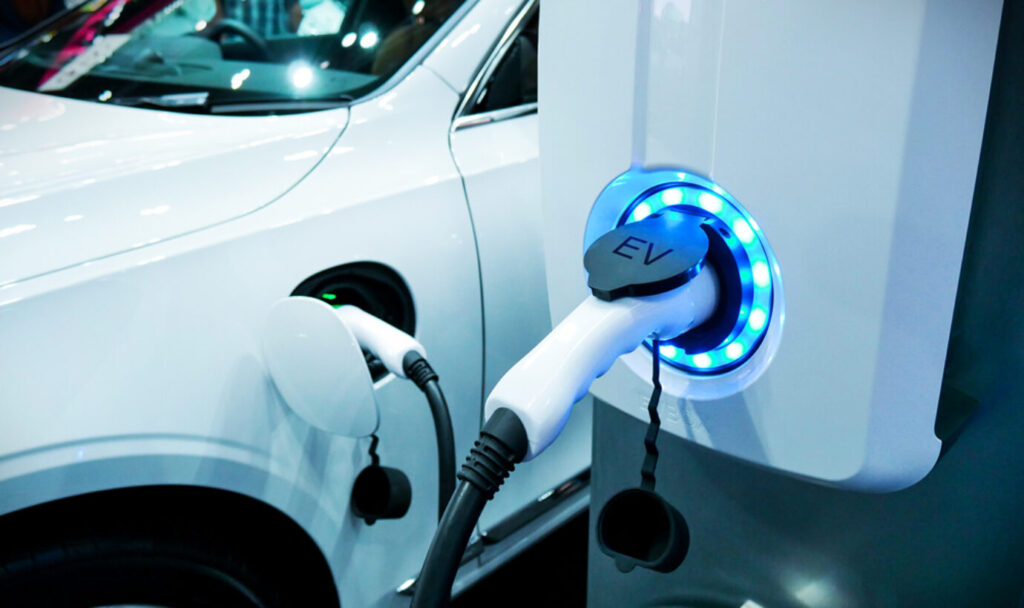
Zero Carbon Charge has officially broken ground on the Eastern Cape’s first off-grid, ultra-fast electric vehicle (EV) charging network.
This ambitious initiative is a collaboration between Zero Carbon, the Automotive Industry Development Centre Eastern Cape (AIDC-EC), and the Eastern Cape Provincial Government.
“This project is a major step in South Africa’s shift to a sustainable transport network aimed at reducing carbon emissions,” Zero Carbon announced.
The planned network includes 29 sites in the Eastern Cape, with 18 stations dedicated to electric passenger and light commercial vehicles, and 11 designed for off-grid electric truck charging.
The company will invest R11.4 billion in this rollout, part of a larger national plan to build 120 off-grid EV charging stations for both passenger vehicles and trucks.
The truck charging sites, powered by solar energy, will be developed along key routes, similar to the upcoming N3 Electric route between Johannesburg and Durban.
These stations will operate independently of Eskom’s coal-powered grid, ensuring reliable, load-shedding-free energy.
Construction on the first site at Wagon Wheels Farm Stall on the N6 is set to start in early 2025, with four additional Eastern Cape stations launching simultaneously.
The growing demand for EV infrastructure aligns with industry forecasts projecting 120,000 EVs on South African roads by 2027, and 360,000 by 2030.
“Establishing an off-grid EV charging network is essential for supporting South Africa’s transition to electric mobility, reducing carbon emissions, and meeting climate goals,” stated Zero Carbon Charge.
This initiative also presents economic opportunities, encouraging local EV manufacturing and advancing battery technology to foster a new automotive sector.
Zero Carbon’s executive chair, Joubert Roux, emphasized the significant environmental impact: “If all registered vehicles were converted to solar-powered EVs, South Africa’s transport sector could cut over 97 million tonnes of CO₂ annually.”
He noted the Eastern Cape Provincial Government’s support as instrumental in expediting regulatory processes, enabling construction of the 29 stations across the province.
AIDC-EC CEO Thabo Shenxane added that the project enhances the Eastern Cape’s status as a leader in sustainable transport and economic competitiveness within a low-carbon economy.
The charging network will generate over 3,260 jobs, while landowners hosting these stations will receive 5% of revenues from EV charges, and 1% will fund local socio-economic initiatives.
Nonkqubela Pieters, Eastern Cape’s MEC for Economic Development, emphasized the project’s dual benefits of carbon reduction and economic upliftment for rural communities, supporting inclusive growth across the province.
Roux concluded, affirming Zero Carbon’s commitment to collaborating with government bodies to advance green transport solutions that help South Africa meet its carbon reduction targets.
The network will span key routes, including the N10, N6, R56, N9, and N2, positioning the Eastern Cape as a cornerstone of sustainable transport in South Africa.





